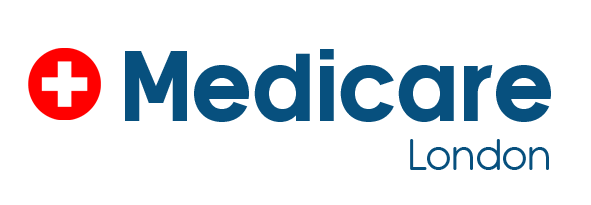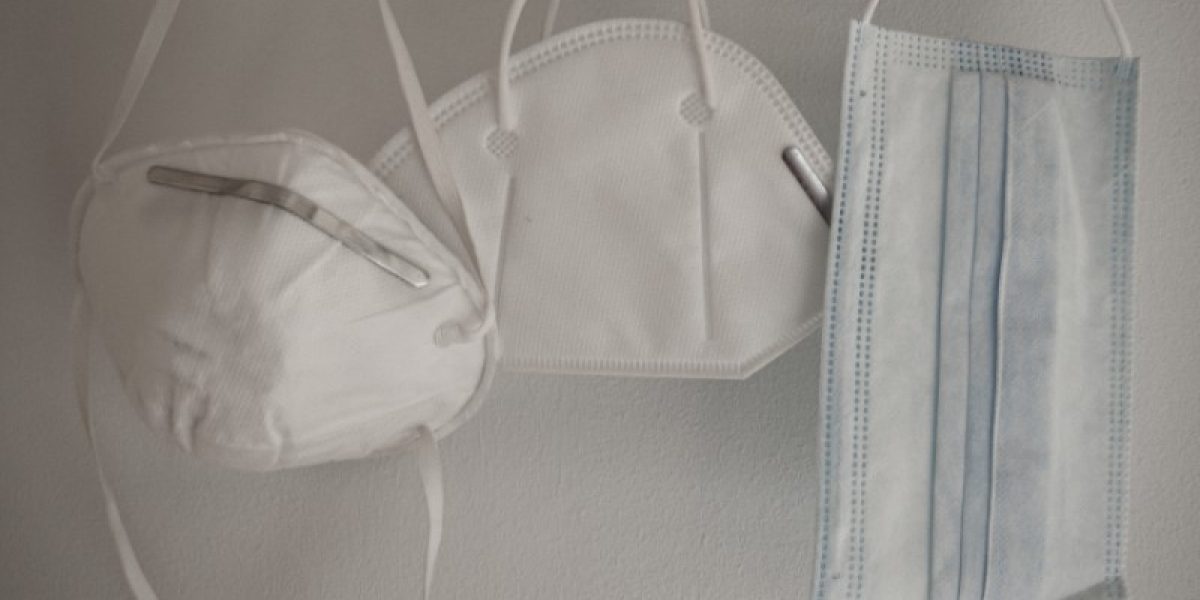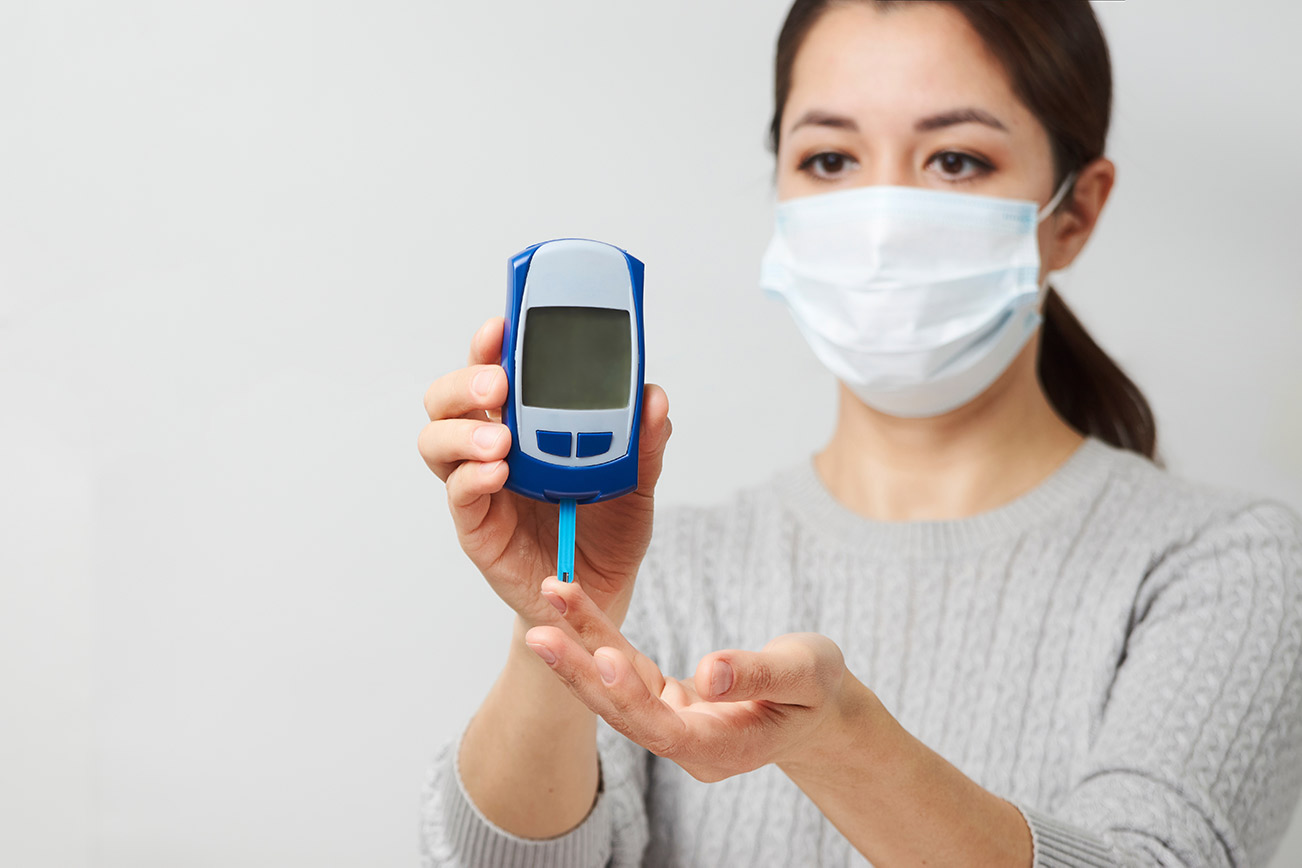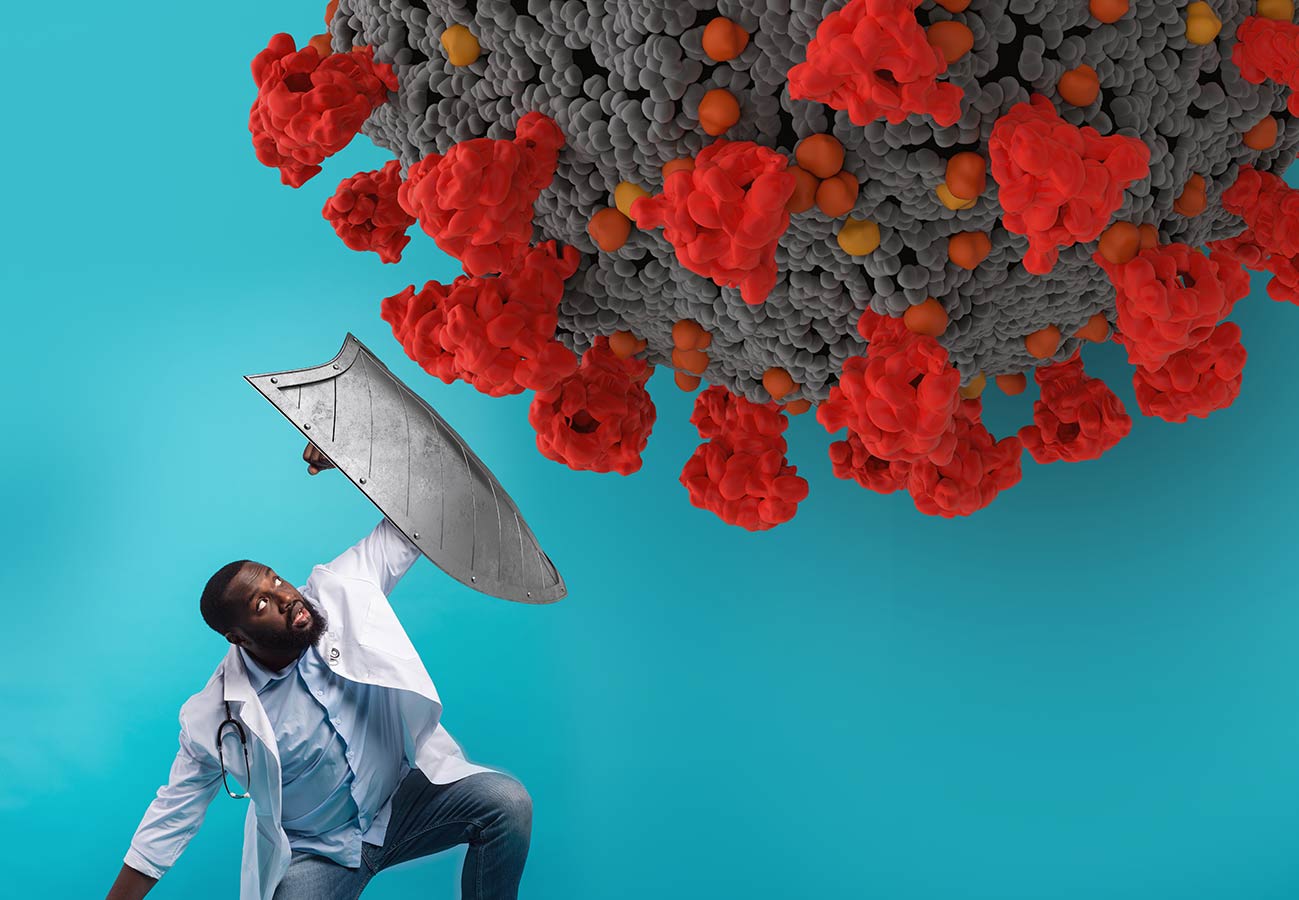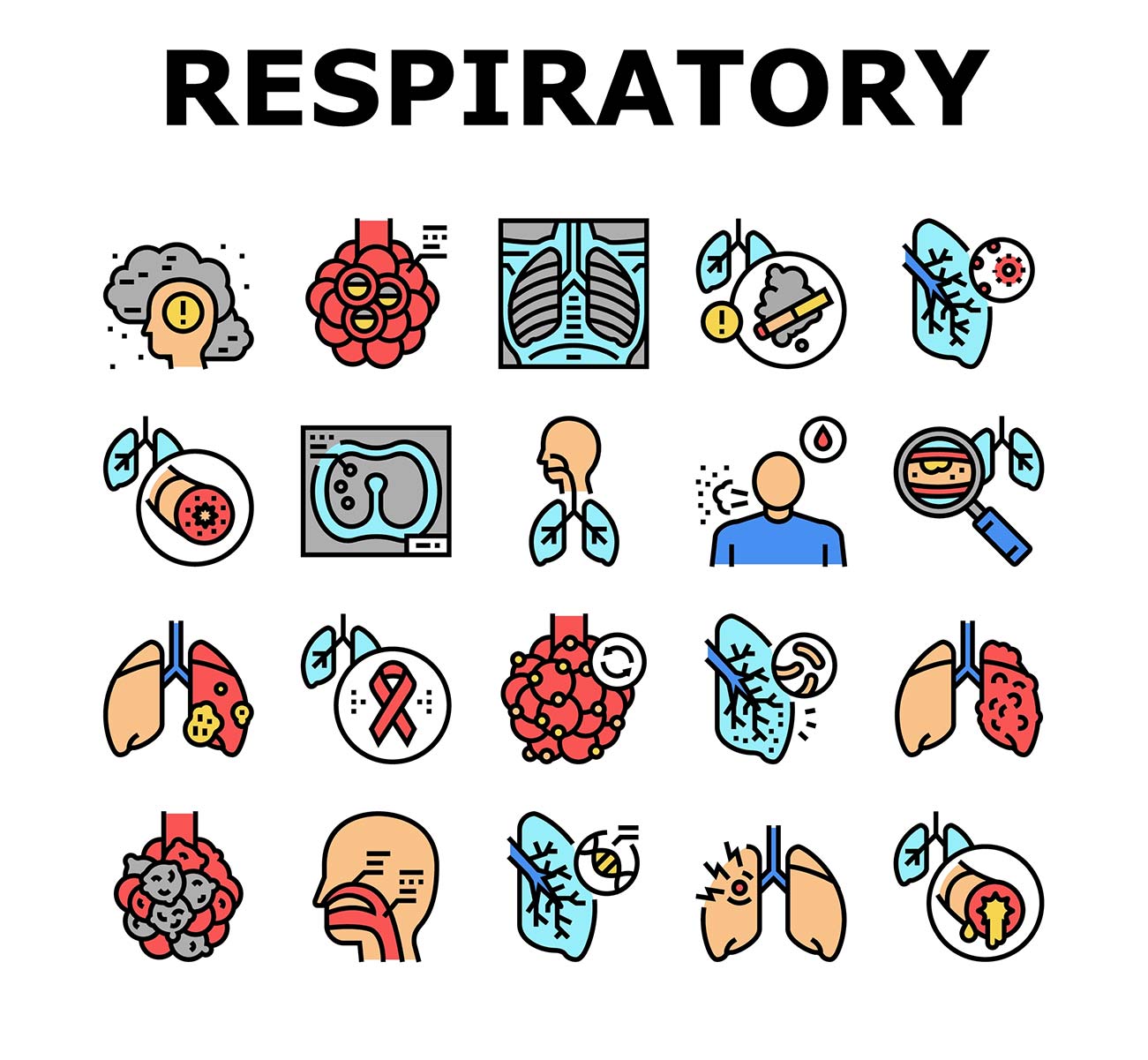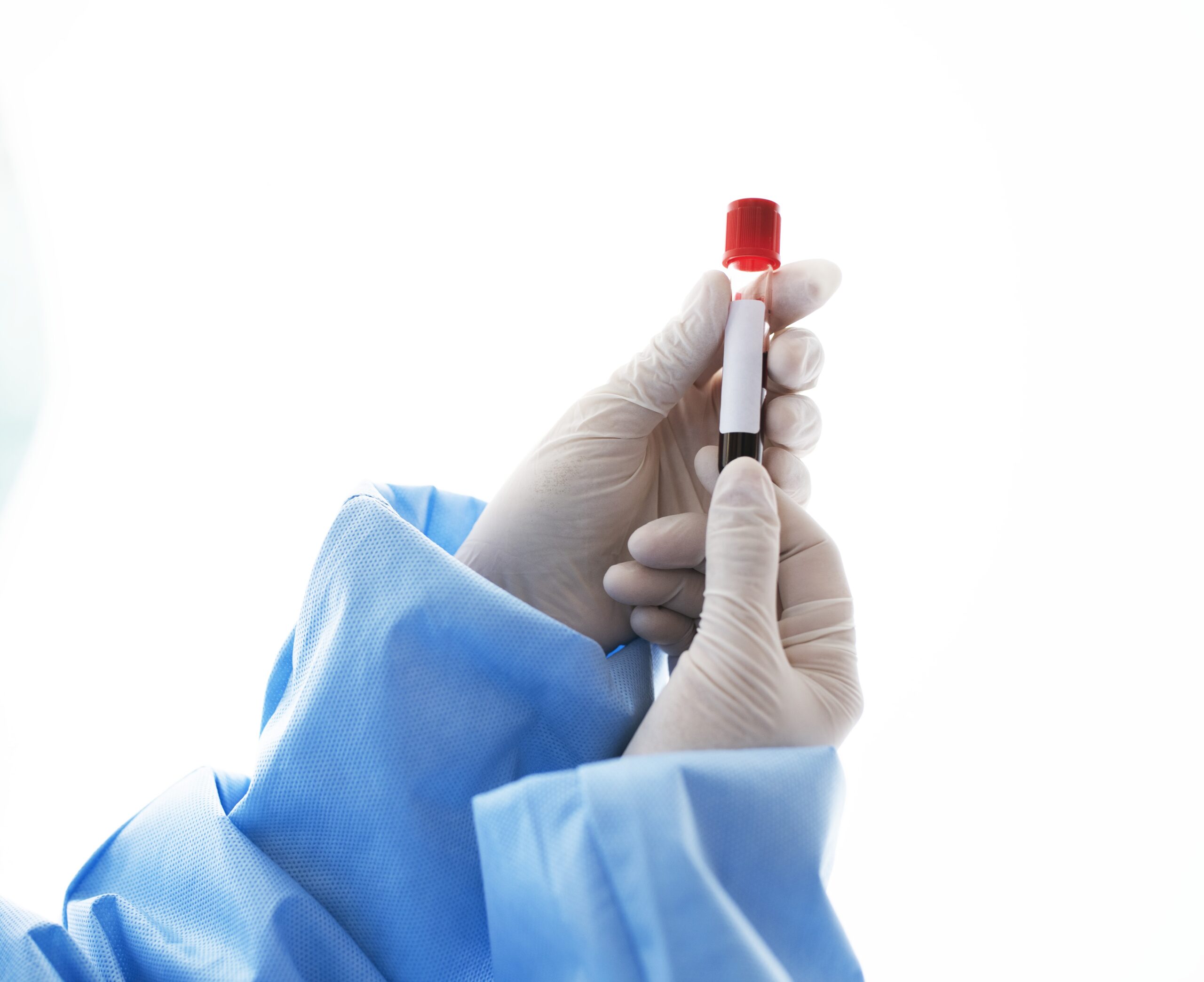COVID-19-related worry, anxiety, and stress are associated with substance use as coping practices by some individuals. Persons who used drugs or consumed alcoholic substances before the pandemic had the most anxiety and fear. Other people who do not abuse drugs rely primarily on physical activities like exercise, dance, and video games.
Coping acts as a stabilizing mechanism that can aid a person in maintaining psychological and biological adjustment throughout a stressful moment. During hard and stressful times, such as the present covid-19 pandemic, people are expected to cope in various ways. Coping can either be adaptive or maladaptive. Adaptive coping includes; self-distraction, active coping, emotional aid, instrumental support, acceptance, positive reframing, and religion. While the other, which is maladaptive coping, involves: denial, substance abuse, attitudinal disengagement, ranting, and self-blame. Substance use like Alcohol, tobacco, cigarettes, cannabis, and self-medication.
Drug use and addiction have increased significantly during the COVID-19 pandemic, and drug use/abuse is a common way of coping with concerns about the pandemic. Anxiety over covid-19 is more than just fear of infection, it equally includes covid Stress Syndrome, which is characterized by; fear of the dangers of covid-19, fear of coming into contact with coronavirus-contaminated objects or surfaces, fear of the personal socioeconomic impact of covid-19, covid related traumatic stress symptoms example nightmares, and covid-19-related compulsive checking and reassurance-seeking.
Safety measures such as quarantining or social isolation are required to help prevent the transmission of the virus. Consequently, the process can make people feel lonely or aggravate pre-existing mental health disorders. Many people may choose to self-medicate or abuse drugs and alcoholic substances due to feelings of isolation, anxiety, or sadness to relieve these negative emotions. The drugs usually abused include; Xanax, Valium, and Zolpidem (also called Stilnoct) used to treat anxiety and sleep disorders.
We all know that substance abuse is hazardous because of the significant emotional and physiological issues it can create. However, research has indicated that people addicted to substance use are at a higher risk of critical illness and even death from COVID-19. Substance abuse can harm the immune system and make it harder for the body to fight against many diseases. Proper private corona tests should be in place for patients who exhibit symptoms of mental disorder due to substance use and abuse.
Many people have also doubled their alcohol use while trying to cope with thoughts of isolation or anxiety caused by social distancing. Alcohol intake surged during COVID-19 owing to stress, alcohol availability, and even frustration. Alcohol drinking can be specifically toxic for those who reside in places with higher safety restrictions which limits them from seeing many people or participating in social activities. Young adults may also struggle with social isolation and turn to alcoholism to cope with negative emotions.
It is natural to desire negative emotions to go away when faced with them. As a result, many people may resort to self-medication and the usage of narcotics to deal with anxiety and COVID-19 stresses. Unfortunately, depression, stress, and drug use are usually connected. Instead of self-medicating, substance use, or abuse, people who are heavy on these are encouraged to contact the healthcare providers for immediate intervention. They’re also encouraged to take the cheap PCR test London to ensure their covid-19 health status.
Many people may continue to abuse these while trying to enhance their mental health during COVID-19. However, misusing drugs and alcoholic substances is harmful and usually increases anxiety and sadness during a crisis. While living with coronavirus distress might be challenging, substance usage is not a healthy coping approach and can lead to addiction.
However, given our understanding of the effects of the pandemic and the various health crises associated with alcohol intake, drug abuse, and self-medication, there is a need for government intervention. The need to commence targeted support to address the effect of the COVID-19 pandemic, as well as strategies to help avoid higher alcohol consumption and substance use in future crises and emergencies should another wave of the pandemic or any other virus emerge, is very imperative.
